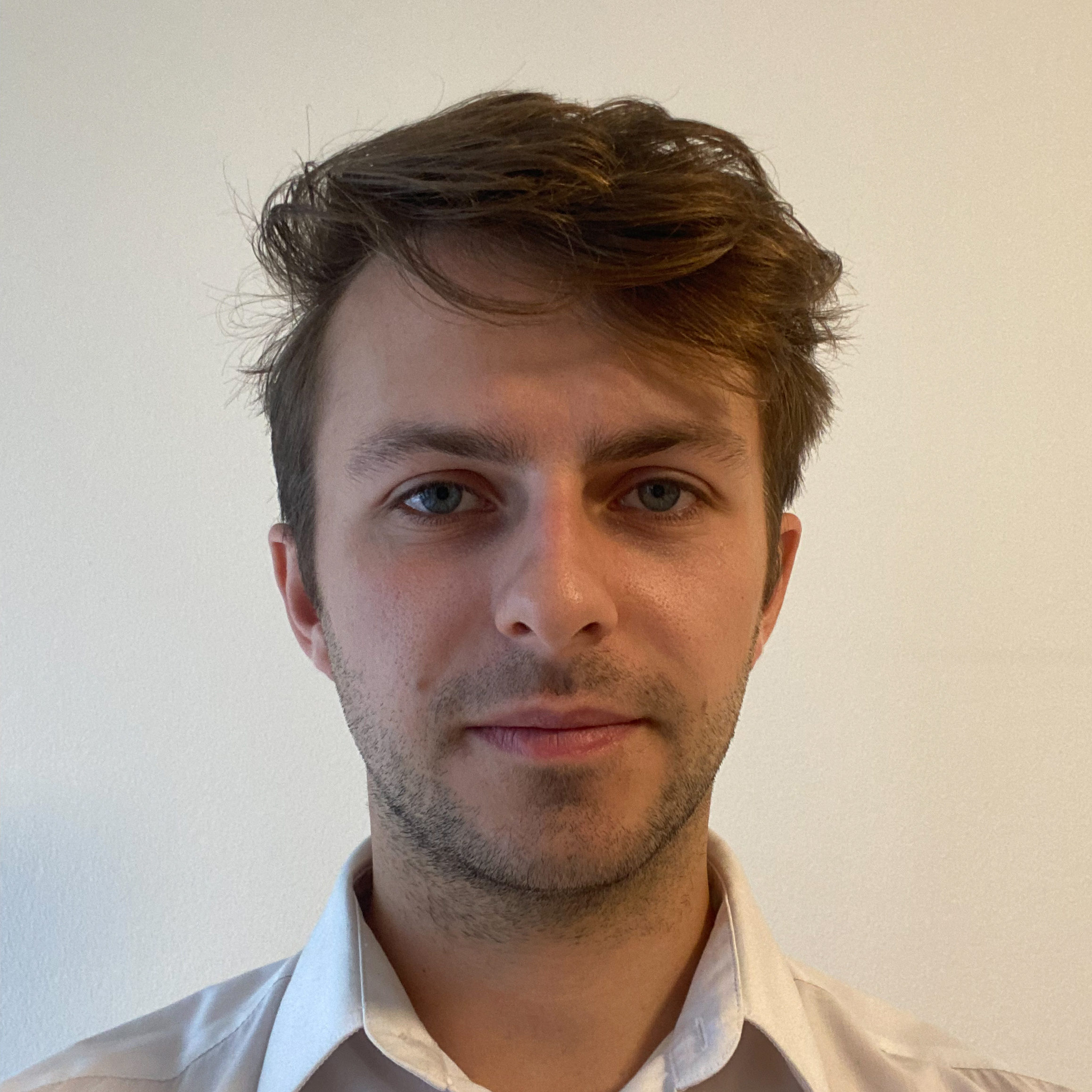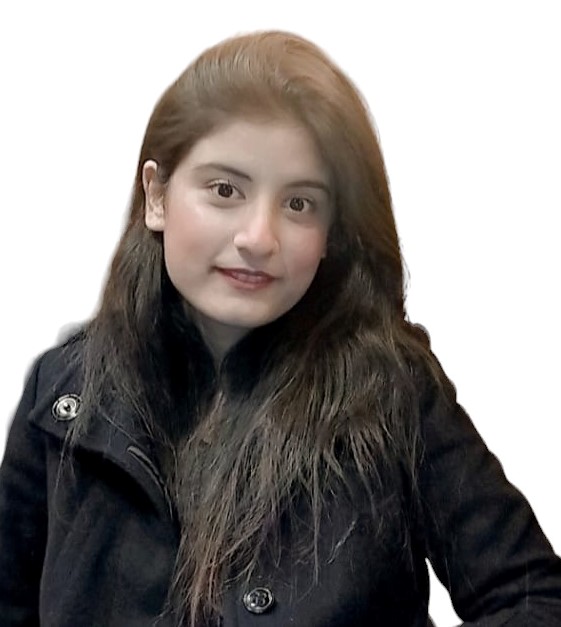Youth Employment Working Group
The Youth Employment Working Group for 2022-2023 will take as overarching theme that of youth unemployment across Europe. After hosting a research workshop, the group will use the June EYE 2023 workshop to showcase its research and collect insights from peers, from which the team will collaboratively publish a response – concluding its term. Publications leading up to the workshop will focus on how unemployment has been defined and approached by policy makers, as well as lateral issues affecting youth unemployment.
More broadly, the Working Group will reassess how different types of labour should be viewed in the context of employment, the suitability of existing provisions for tackling youth unemployment across Europe, and the effects of external factors on employment trends. The former might encompass publications on unpaid internships and the suitability of acronyms such as NEET in a ‘gig economy.’. The latter might consider provisions for employment support across socio-economic groups, in rural areas, relationships between employment and social policy, and current unemployment strategies. Finally, a focus on external factors will allow discussion of the ongoing impact of climate change on workforces, the role universities play in training students for the workplace as well as the re-examination of changes to conventional workplaces and the effects of the pandemic.
Head of the Working Group – Marten Wesebaum

Meet Marten, a graduate of the University of Aalen, where he earned his degree with a Bachelor’s Thesis on the phase-out of Web Tracking Cookies – a testament to his strong affinity for data collection. He has gained diverse international experiences, from teaching in Panama to studying in San Francisco. Moreover, he showcases his leadership capabilities in his role as a seminar leader, where he prepares prospective volunteers for their engagements abroad. Marten also actively contributes to program conceptualization and enhancement for these volunteers. Professionally, Marten’s passion for data and data analysis drives his role as a Performance Marketing Manager at a start-up. This company is dedicated to reshaping access to psychotherapy in Germany through innovative approaches, a project that resonates with his vision and values.
Krystof Jehlicka

Maheen Tanveer

Felice Valeria


 Is EU citizenship for sale – or for keeps? A critical analysis of the CJEU’s Golden Visa ruling.
Is EU citizenship for sale – or for keeps? A critical analysis of the CJEU’s Golden Visa ruling.  The European Union in Space: From exploration and innovation to security and autonomy
The European Union in Space: From exploration and innovation to security and autonomy  The Rise of the Right: The Threat Right-Wing Extremism Poses to Women and Feminist Efforts in Germany
The Rise of the Right: The Threat Right-Wing Extremism Poses to Women and Feminist Efforts in Germany  The silent shield – how special operations safeguard the global supply chain
The silent shield – how special operations safeguard the global supply chain